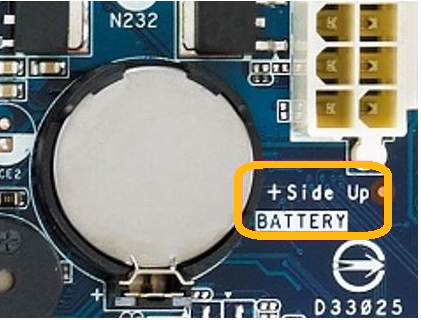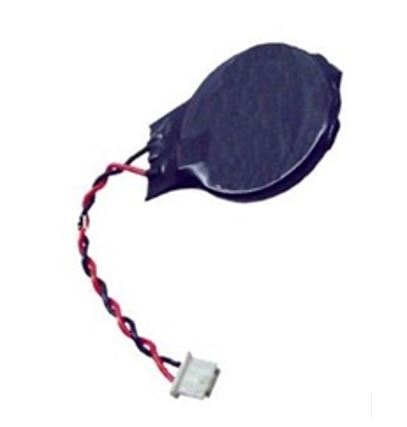How to Clear CMOS to Reset BIOS Settings in Systems with Intel® Desktop Boxed Processors
Content Type: Troubleshooting | Article ID: 000025368 | Last Reviewed: 04/23/2025
Caution | Use of unsupported motherboards can result in improper operation, damage to the desktop board or processor, or reduced product life. Intel may supply links to third-party sites, providing such links only constitutes suggestions and should not be mistaken as an endorsement or recommendation for any specific action. Performing actions recommended by third-party vendors can result in improper operation, damage to the board or processor, or reduced product life. Except as provided in the Intel Terms and Conditions of sale for such products, Intel assumes no liability whatsoever. Intel disclaims any express or implied warranty relating to sale and/or use of Intel products, including liability or warranties relating to fitness for a particular purpose, merchantability, infringement of any patent copyright, or other intellectual property right. |
| Note | This guide only applies to systems with Intel® Desktop Boxed Processers. If you have any questions regarding the components on how to clear CMOS on your system, please contact your motherboard vendor for this information. |
Click or the topic for details:
Complementary metal-oxide-semiconductor (CMOS) is a small amount of memory on a computer motherboard that stores the Basic Input/Output System (BIOS) settings. The BIOS is the software stored on the memory chip on the motherboard. It instructs the computer on how to perform a number of basic functions such as booting and keyboard control. The BIOS is also used to identify and configure hardware in the computer.
For no boot or no display issues, clearing CMOS may help recover the boards because that restores the BIOS default settings.
Two ways to clear CMOS:
See steps for the two methods listed below.
Example of battery onboard:

Example of battery connected to an onboard header with a wire:
